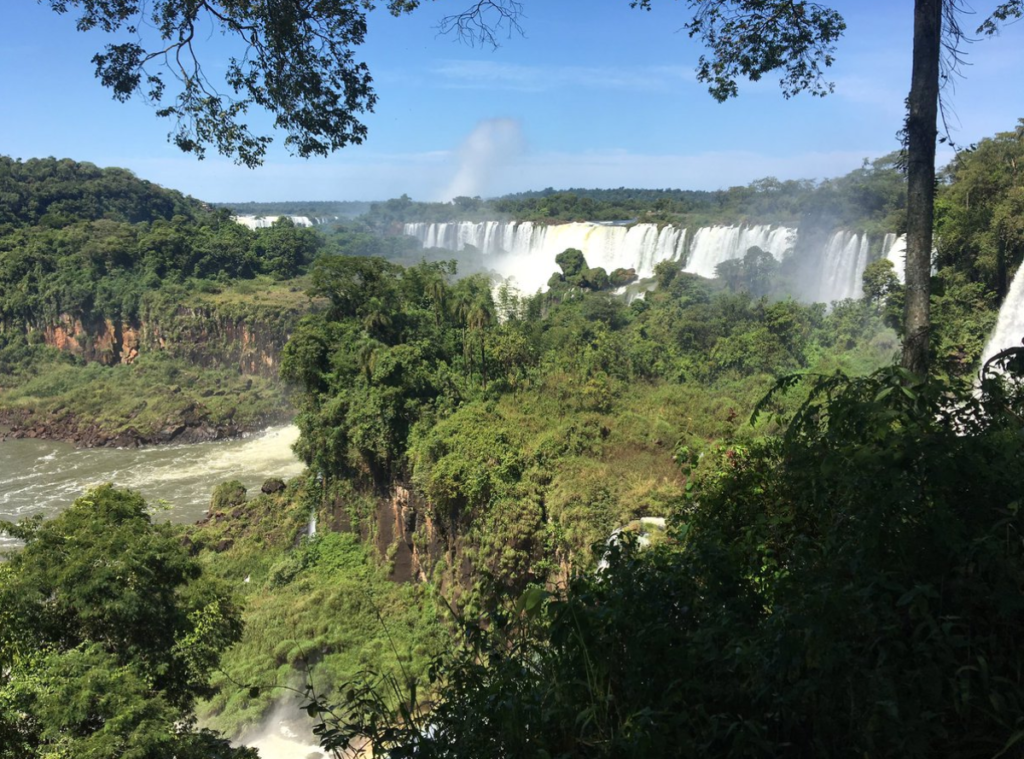Growers and producers in Brazil have already begun extensive work to ramp up their standards in a bid to crack into the UK market post-Brexit.
As the UK’s exit from the European Union careers further into chaos, producers in major export countries such as Brazil are waiting patiently, AgriLand’s Rachel Martin reports from Sao Paulo.
There are concerns in Ireland that cheaply-produced imports into the UK from Brazil and other countries would undermine and undercut Irish produce on shelves ‘across the water’.
Agronomist Alexandre Hornemann, an advisor for the Danish Consulate in Sao Paulo, told visiting international journalists that traceability and sustainability issues in the Amazon biome were two of the biggest obstacles farmers in the region faced in making their produce acceptable to UK consumers.
As a former auditor for Tesco, Hornemann is well versed on the expectations of UK and European consumers.
He explained that the EU embargo on Brazilian poultry, which followed several outbreaks of salmonella, was a major blow for the industry. However, he added that this had also driven many producers to improve their standards.
“By the time [Brexit happens] we know there will be a queue,” he said.
There are positive feelings in the industry about being able to get into the UK market because the EU has always been an obstacle – but in the short-term, there are many questions over how it will work out and how it will be approved.
“The beef sector has traditionally found it very difficult to get into the UK. Brazil has had many issues getting its produce placed in the European market because of environmental issues linked to deforestation.”
Hornemann explained that when he worked for Tesco this was a major stumbling block for many producers – and is something he expects to be one of the biggest concerns for UK consumers and retailer buyers.
But farmers and growers in Brazil are working hard to improve their image internationally, with several sustainability programmes now underway.
“It’s been a lot of what they have been doing,” he explained. “There was a report by Greenpeace around eight years ago, and from then on there has been a lot of investment – including in satellite imagery to identify and control these areas that are being illegally deforested.”
However, deforestation is still allowed to a certain degree. Depending on the area, up to 50% of the land could be deforested. However, this is seen as a major improvement on the previous situation.
“Today, we have environmental laws that are probably the toughest in the world,” he added.
Traceability issues
Traceability also remains a stumbling block as cattle movements in Brazil are only recorded for batches and not individual animals.
There is no legal requirement in Brazil to register calf births and many animals move between herds, as in farms surrounding the rainforest, where there are no firm boundaries between farms.
It creates issues in the supply chain if the last farm is supplied by what is considered to be an “illegal farm”.
There are three ways a farm can become illegal:
- Growing on indigenous land;
- Using slave labour;
- Participating in illegal deforestation.
Hornemann explained that a growing number of farmers looking to supply fresh beef for export are beginning to record births. However, this remains the exception rather than the norm.
He said he expects that this will become an important part of accessing markets such as the UK.
Rachel Martin is reporting from Brazil as part of the International Federation of Agricultural Journalists (IFAJ) ‘Exposure 4 Development’ programme.

